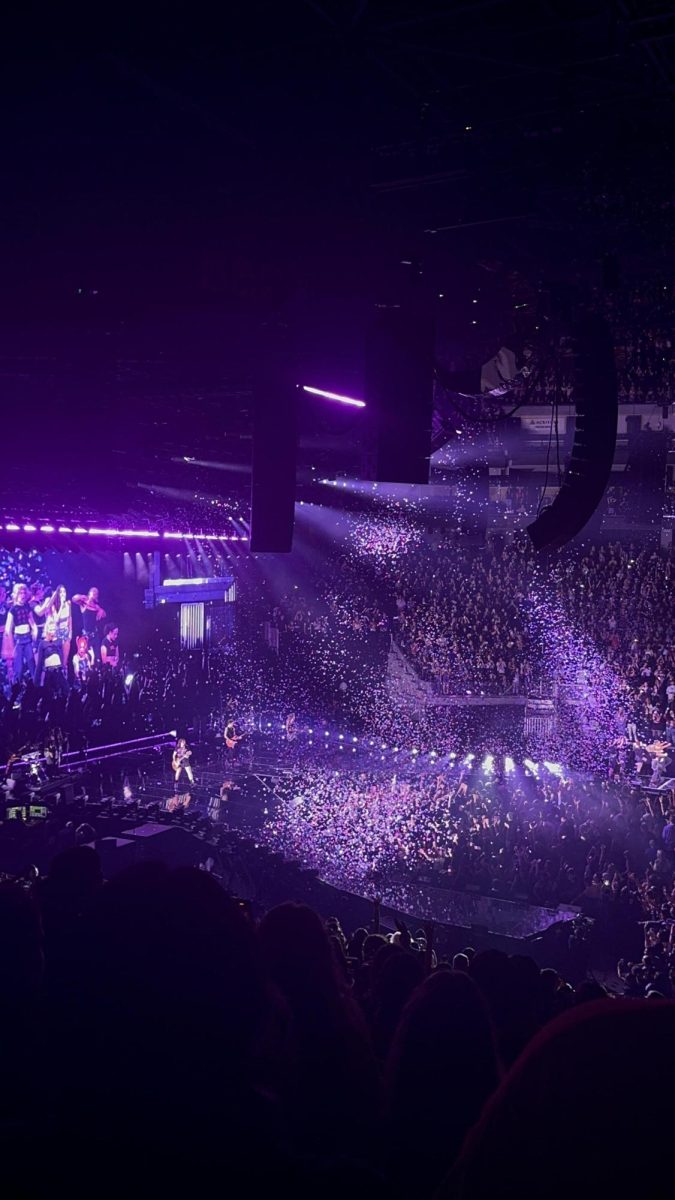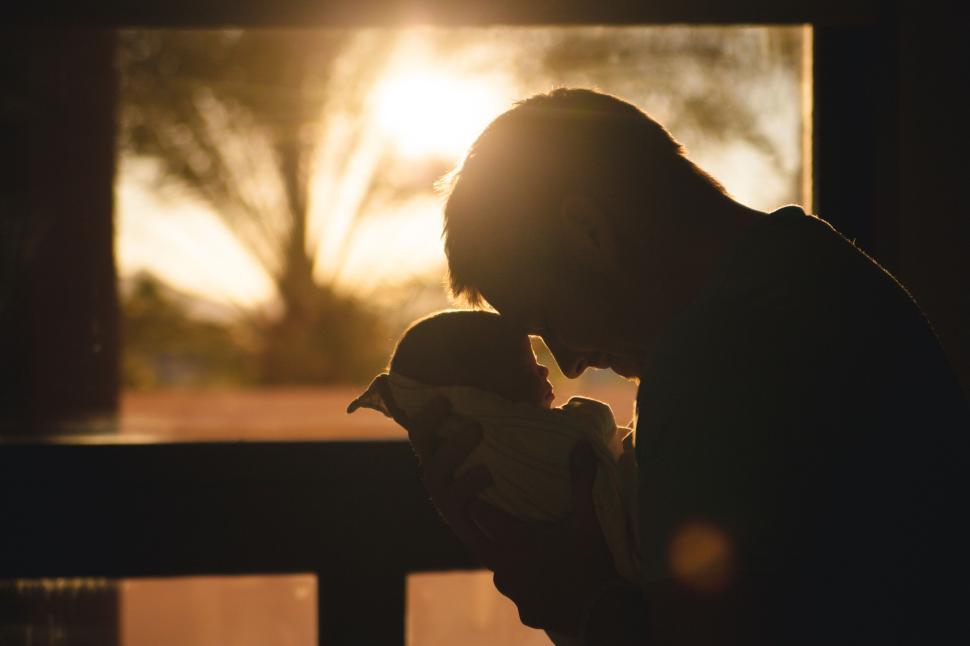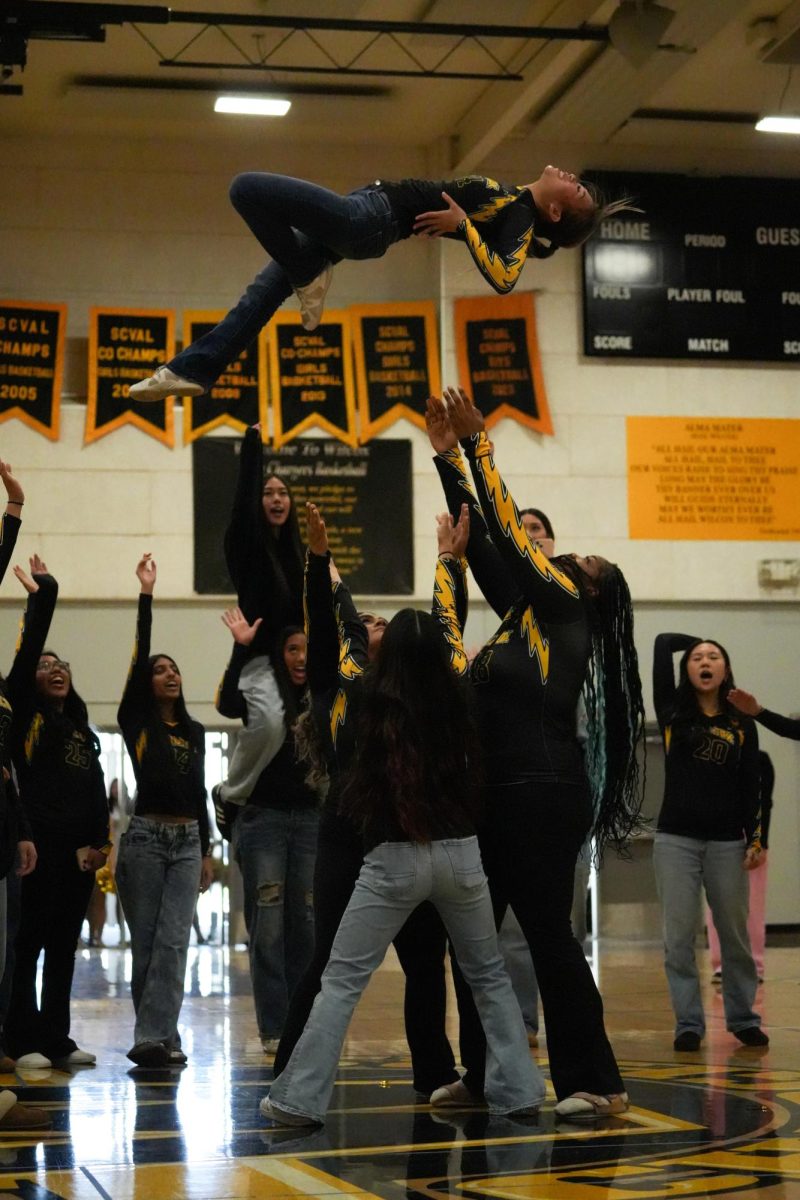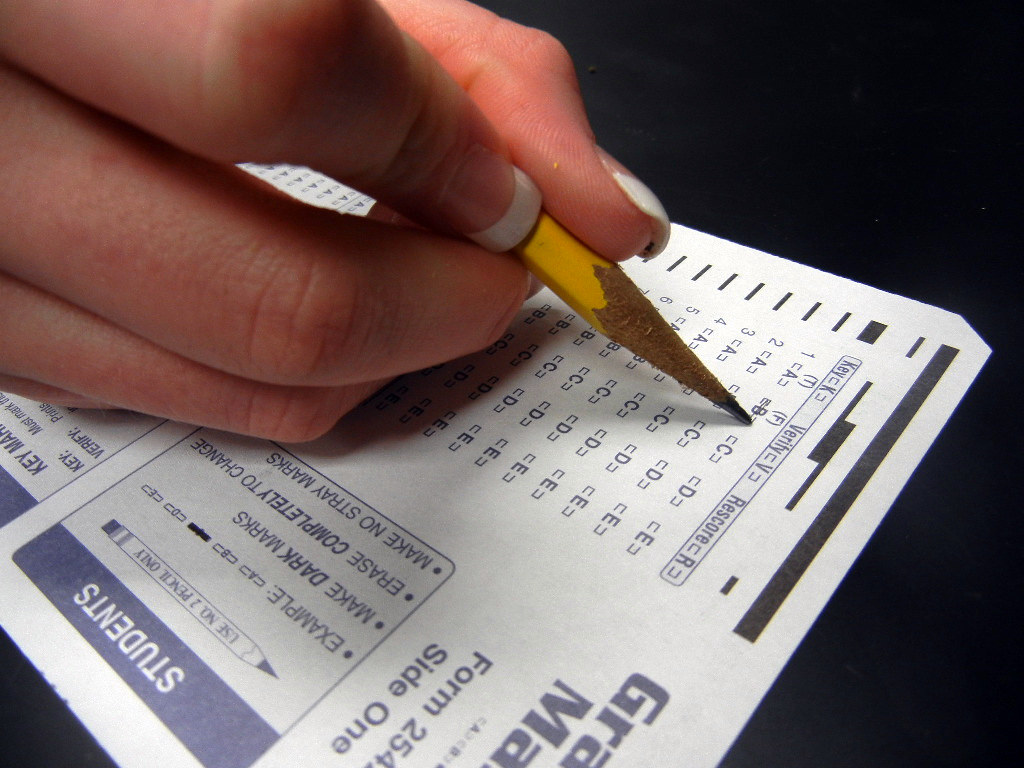Think of the usual concert experience: The sun is going down, you’re surrounded by swarms of excited fans and once the artist comes on stage, the crowd goes crazy–roars fill your ears, almost threatening to burst. Throughout the entire concert, you hear people singing so loudly that they overpower the artist. The person in front of you has their phone out and is attempting to record the entire concert, but their phone is blocking your view. Countless concert-goers today are familiar with these types of people, whose actions are so disruptive and frustrating that the concert is difficult to enjoy. Certain aspects of concert etiquette have been completely disregarded in recent years– aspects that are crucial in order for both the artist to perform well and for the audience to have a fun night.
During an Olivia Rodrigo concert in August, I personally experienced the scenario described above. During some of Rodrigo’s more popular songs, such as ‘vampire’ or ‘get him back!’, a group of younger teen girls behind me sang along extremely loudly, to the point where I couldn’t hear the actual song, even with high-output speakers scattered throughout the stadium. Although I tried to make the most of the experience regardless of the disruptions, it was hard to ignore the obnoxious shrieking erupting from behind me.
Although I didn’t personally attend, a Steve Lacy concert was in the news for a similar disruption. On October 24th, 2022, fans were enjoying Lacy’s performance when an audience member suddenly threw their disposable camera at the artist. In response, Lacy took the camera and smashed it in front of the entire audience before storming offstage in a fit of rage. Immediately after, the artist disclosed that he felt he had done nothing wrong and had no need to apologize. By 2023, Lacy reflected on his actions in an interview with Variety, stating that he had accepted that younger concert goers these days, “simply lack concert etiquette and experience.”
Another influencing factor may be the rise of smartphones, which are often used at concerts to record and take pictures of the performance. Ava Montano, a junior at Wilcox, expresses her opinion on using smartphones during a concert: “I think using your phone is fine when you’re using proper etiquette. It’s a good way to enjoy the show even after you’ve left the venue!” While having the ability to easily record your favorite parts of a performance is a tool to take advantage of, Montano does point out that habits such as, “holding phones super high or in people’s faces,” are general annoyances that accompany the use of phones during concerts. Video documented memories of a concert are a positive, but being disrespectful to others should never be allowed.
Taking these examples into account, the importance of learning proper etiquette before attending a concert becomes blatantly obvious. Although concerts are meant to be a fun experience, it is also crucial to recognize certain actions that are disrespectful to the artist and to other attendees. Some may argue that there really shouldn’t be any rules about singing along or recording during a concert, since they paid a considerable amount of money for their ticket and deserve to enjoy the experience however they want. Though this may be true, there are other concert-goers that paid just as hefty of a price that want to hear the artist singing, not the person next to them.
There are many ways people will justify their disruptive behavior during a concert, even if their actions negatively affect other people’s experiences. Regardless, it’s important to recognize that other concert-goers have paid to be there, and that the artist themself has worked hard to put on a memorable performance for their audience. In general, it’s important to always respect the rules of concert etiquette so everyone can have a good time.







